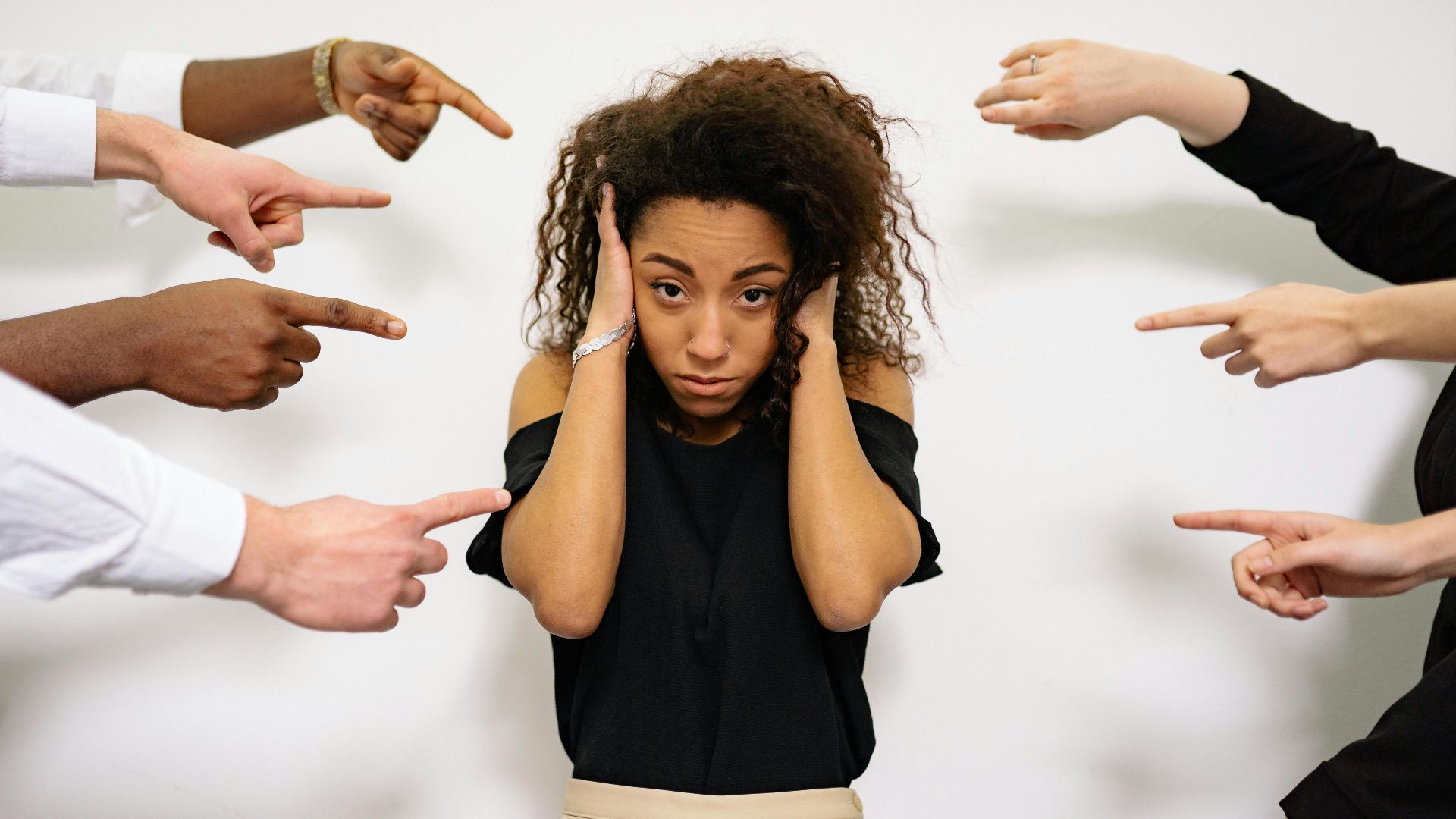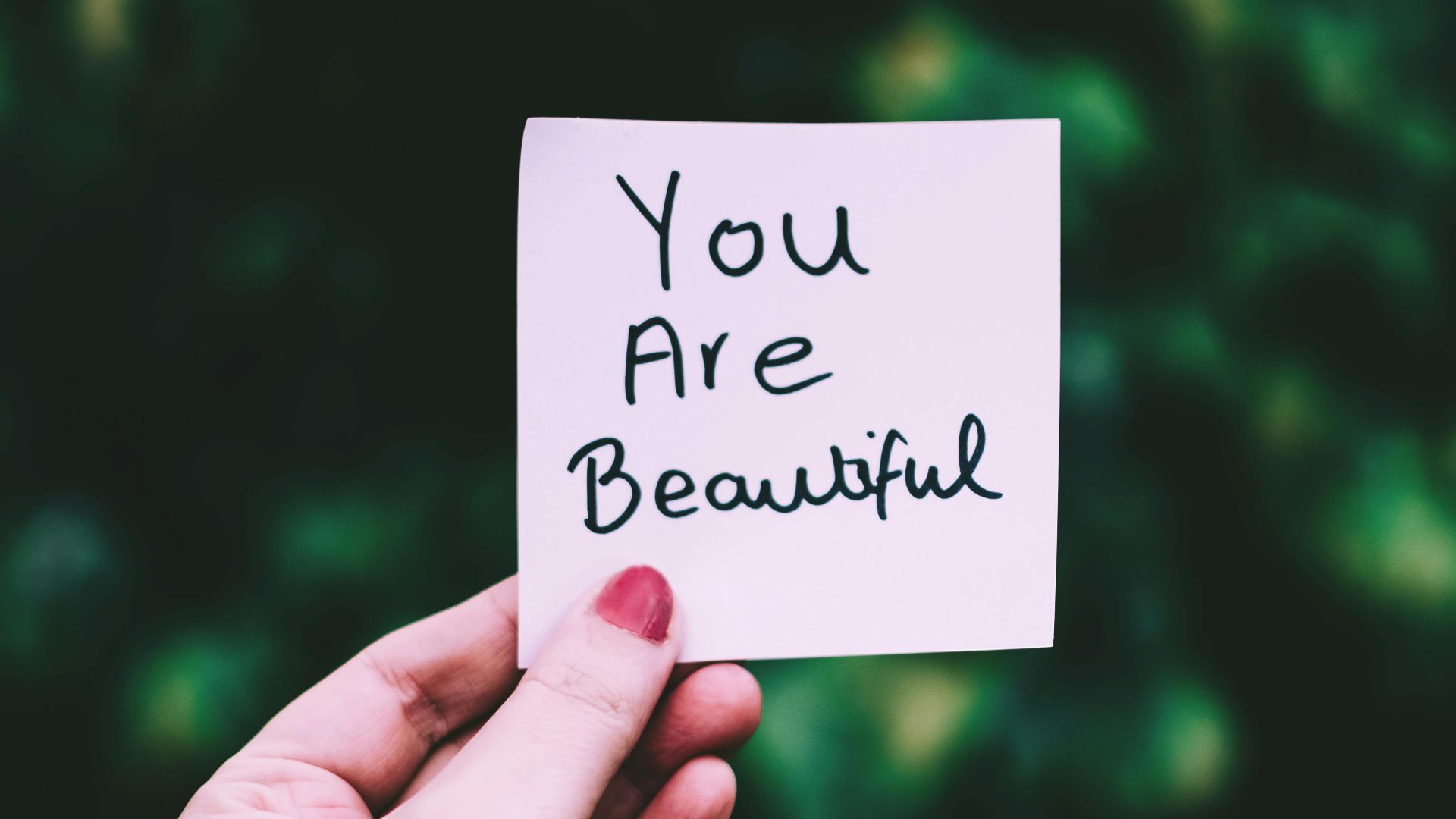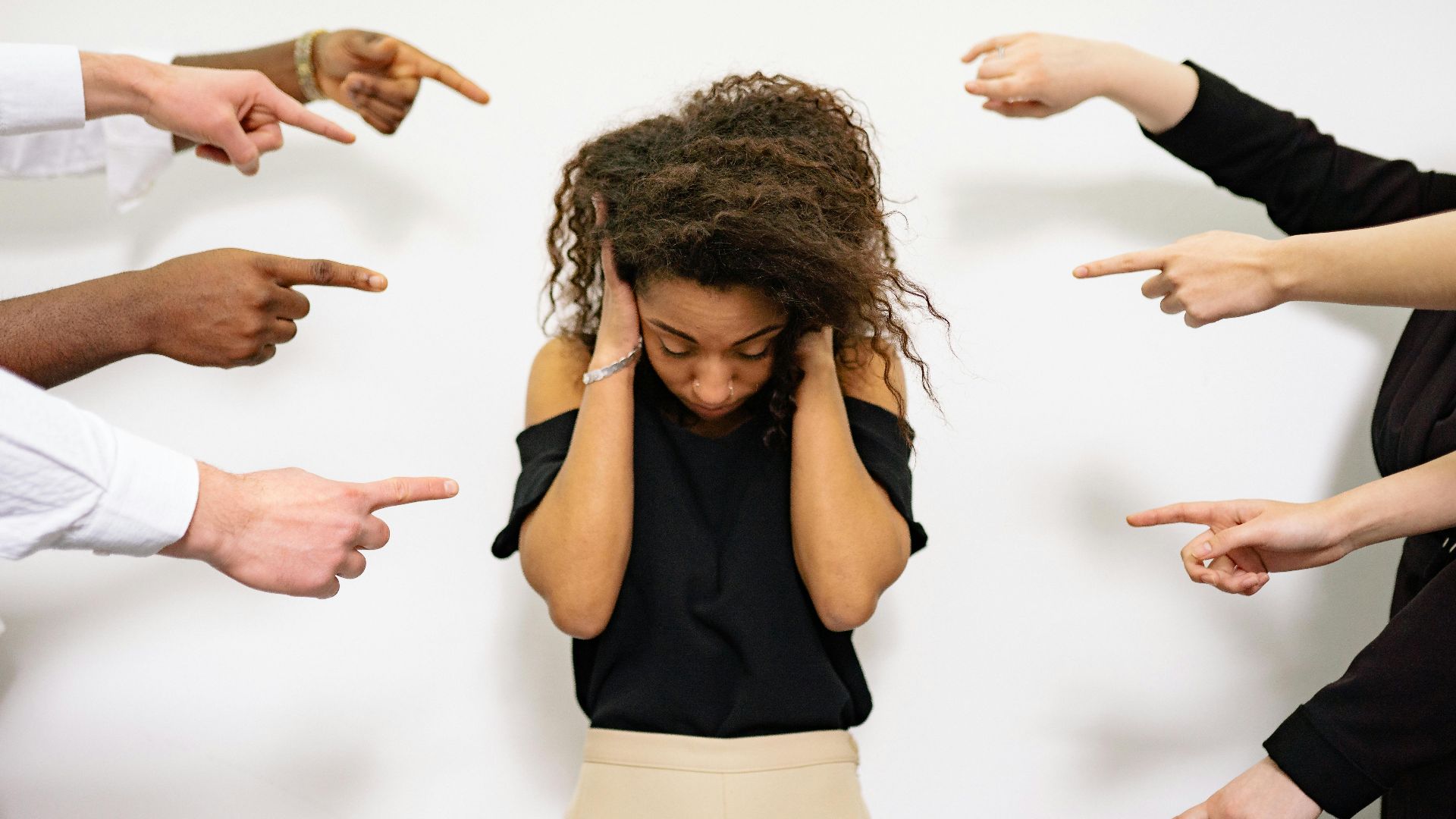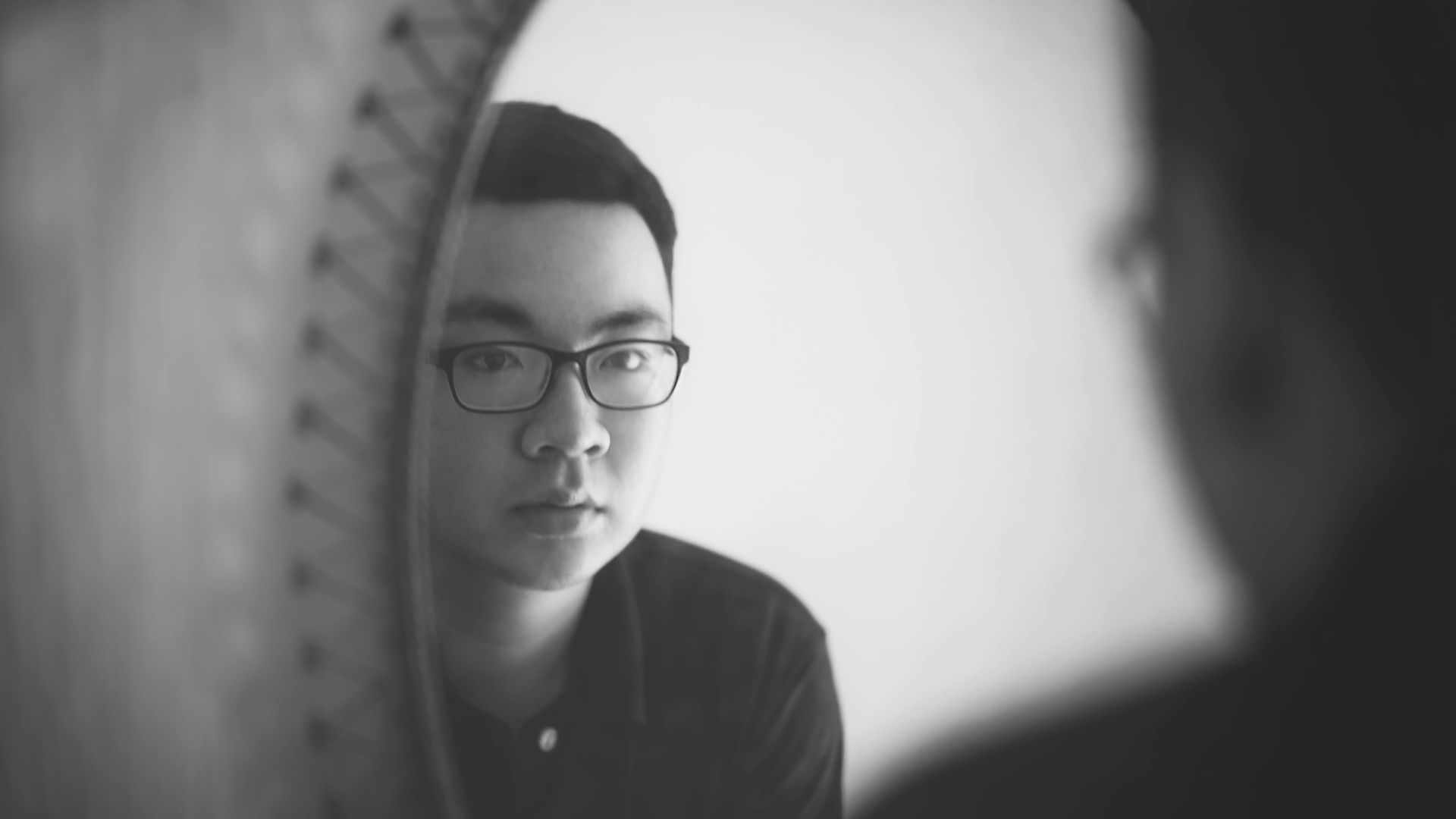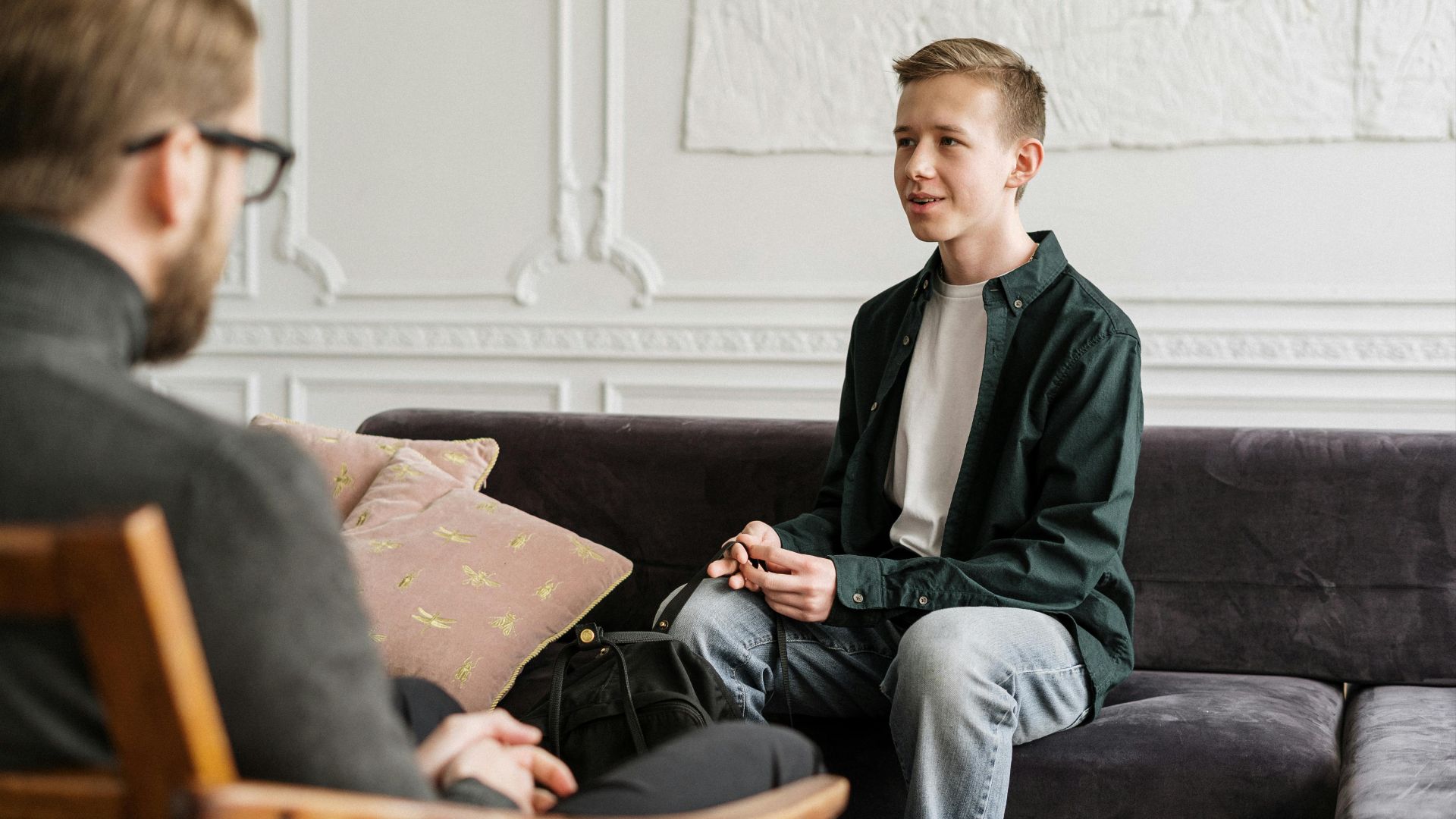How to Begin Again
Unless you've been bullied before, it's hard to understand how much it shapes you. Bullying changes you as a person, and that pain can linger long into adulthood. For one, you might still be grappling with negative self-talk and that has affected how you view yourself and how you form relationships with others. But you're not alone, and there are ways to heal and break free from your past so you can finally move forward.
1. It's Hard for You to Trust Others
When you've been bullied in the past, it can be difficult for you to regain footing to form healthy relationships with others. You may constantly wonder if your new friends are only pretending to be nice and will eventually turn their backs on you, or feel as if you can't show them your true self.
2. You Don't Believe Compliments
When people compliment you, those words slide right off instead of sticking. You don't believe their kindness, because you don't think you're "worth" it enough to receive such high praise. Instead, you believe they're probably saying it as a way to mock you.
3. Playful Hits Scare You
Whether it's a small, encouraging pat on the back or a playful, light punch, these physical acts scare you. You flinch badly every time they happen, and you feel embarrassed (and maybe even guilty) when others question your reaction. They don't understand, and you don't feel comfortable enough around them to explain.
4. You React Viscerally When You're Yelled At
Every time someone raises their voice at you, whether it's because they're angry and frustrated or just extremely excited, your entire body locks up. You suddenly feel so small, and you want to curl up and hide somewhere until the person calms down.
5. You Can't Take People Poking Fun or Teasing You
You find it fun that others can tease their friends and be playful, and you may even feel comfortable enough to join in sometimes. But when people do it to you, it's a whole different story. It reminds you of how you were taunted in the past, and how those comments were never friendly, just plain mean.
6. You're a Homebody
Because you feel like you can't trust anybody, and because you feel intimidated by everyone, you would rather stay home. At home, it's safe, and you don't have to deal with the comments and taunts from the outside world. You can just hide yourself in your room and pretend like everything else doesn't exist.
7. You Have Different Outlets
Being bullied as a kid likely pushed you to find other means of battling your fears. You might doodle, write, read, or practice sports, just to take the edge off. Because of this, you're likely pretty creative and, above all, passionate about your interests.
 Marcos Paulo Prado on Unsplash
Marcos Paulo Prado on Unsplash
8. You Have Very Few Close Friends
Since you can't trust others easily, you only have a few close friends who you feel you can truly confide in. Maybe they've been with you since your childhood, or maybe they've proven that they're genuinely kind. Either way, your inner circle only consists of a few close buddies.
9. You Feel Responsible for Including Others & Making Them Feel Safe
You know what it's like to be left out, called names, and intentionally excluded. You know what it's like when you're made fun of for your ideas, your style, your interests, your voice. Because of your past, you feel like you're responsible for making sure others around you don't ever have the same experience, so you go out of your way to include and befriend them, and make sure they're safe.
10. You Struggle with Self-Worth
When you walk into a room, you immediately feel inadequate. You don't belong here. You think everyone else is better than you and that they're mocking your every move and breath. You never feel like you're enough—even though you're more than enough.
But how do you make yourself truly believe that, and what are some ways to heal both your inner child and your current self?
1. Acknowledge Your Past
You might think it's easier and better to suppress your past and to keep the bad memories locked up. But doing so might hinder you from moving on. The best thing you can do to start the healing process is to acknowledge that the bullying occurred, and you were neither at fault nor did you deserve it. From there, find a way to move forward.
2. Let People In
We know it's difficult to trust others after the experiences you've been through. But if you never let people in and show you that they can be trusted, you'll forever be wary of everyone you meet. Remember, you're in control. You know what's best for yourself. If others don't respect you, walk away.
3. Recognize Your Value & Worth
No matter what mean comments your brain throws at you, recognize that you are worth it. You are enough. Don't compare yourself to others or let the words of your past bullies define you. You are unique, wonderful, and your own person, and you deserve kindness.
4. Don't Isolate Yourself
You might think it's safer to isolate yourself, stay at home, and keep your distance from everyone else—but doing so will only make you feel lonelier and amplify the negative voices in your brain. So, even when it's difficult to socialize and step out of your comfort zone, challenge yourself to go outside or chat with others.
5. Focus on Personal Growth
Instead of letting your past torment you, focus on your goals, ambitions, and personal growth. Which areas do you want to improve? What hobbies do you want to get into? Narrow down what your strengths and weaknesses are, and work towards making yourself stronger and more resilient.
6. Find Closure
After you've acknowledged your past, try to find closure so you can close that chapter of your life and detach yourself from it. One thing that might help is to write a letter to your bullies (that you don't mail), as it can be a cathartic way of releasing your anger and frustration.
 Ioann-Mark Kuznietsov on Unsplash
Ioann-Mark Kuznietsov on Unsplash
7. Keep Healthy Boundaries
While you want to push yourself, it's also important to keep healthy boundaries so that you don't fall into the trap of people pleasing or feel guilty for not saying yes. Open up to others and let them in, but you want to give yourself space and trust your instincts as well.
8. Feed Your Passion
A great way to move forward is to let your passions guide you. What are your hobbies and interests? What inspires you? Are there new things you'd like to learn? Whatever it is, go for it. Immerse yourself in it. Feeding your passions is a form of self-care, and it'll help you build up your strengths and skills.
9. Change Your Mindset
Don't let negative self-talk win. We're all our own worst critics, but you should never blame yourself for things that happened in the past and were out of your control. The more you ruminate on the bad, the more you'll be consumed by it. To break free, shift your mindset and focus on the things that give you joy.
10. Reach Out for Support
If you feel like you need additional support, whether that's from your friends, family, or a trusted mental health specialist, reach out to those sources. You deserve love and kindness, and you won't need to look far to find people who want to help.


